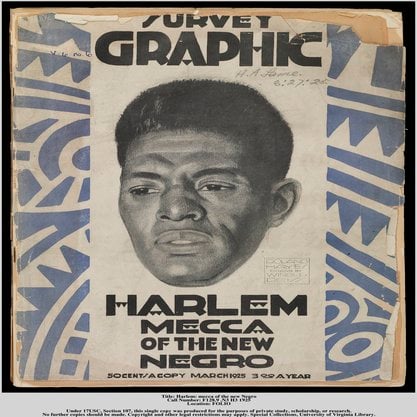Article
Oppen, George (1908–1984) By Shoemaker, Steven
Article
George Oppen was an innovative poet associated with the Objectivist movement in American poetry. Early in his poetic career, he appeared in both the ‘Objectivist’ number of Poetry magazine (1931) and An ‘Objectivists’ Anthology (1932), both edited by Louis Zukofsky (1904–1978). After a twenty-five year period of silence, Oppen re-emerged in the early 1960s, producing new work that took up a challenging stance toward the American scene of the time. He became an important influence on a number of younger American poets, including members of the Beat and Black Mountain schools. His volume Of Being Numerous (1968) addressed the ongoing war in Vietnam and won the Pulitzer Prize in 1969. Throughout his work, he sought to use poetry as a ‘test of truth,’ or at the very least a ‘test of sincerity,’ which he defined as follows: ‘there is a moment, an actual time, when you believe something to be true, and you construct a meaning from these moments of conviction’.



